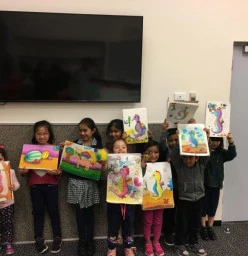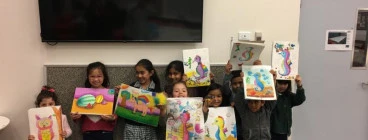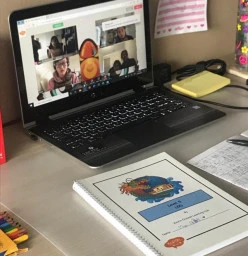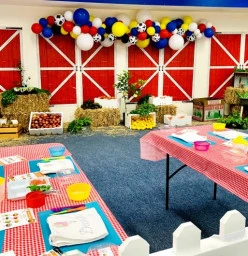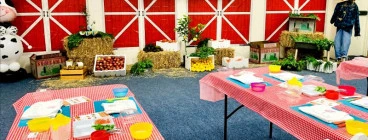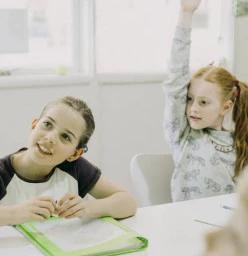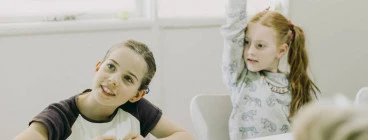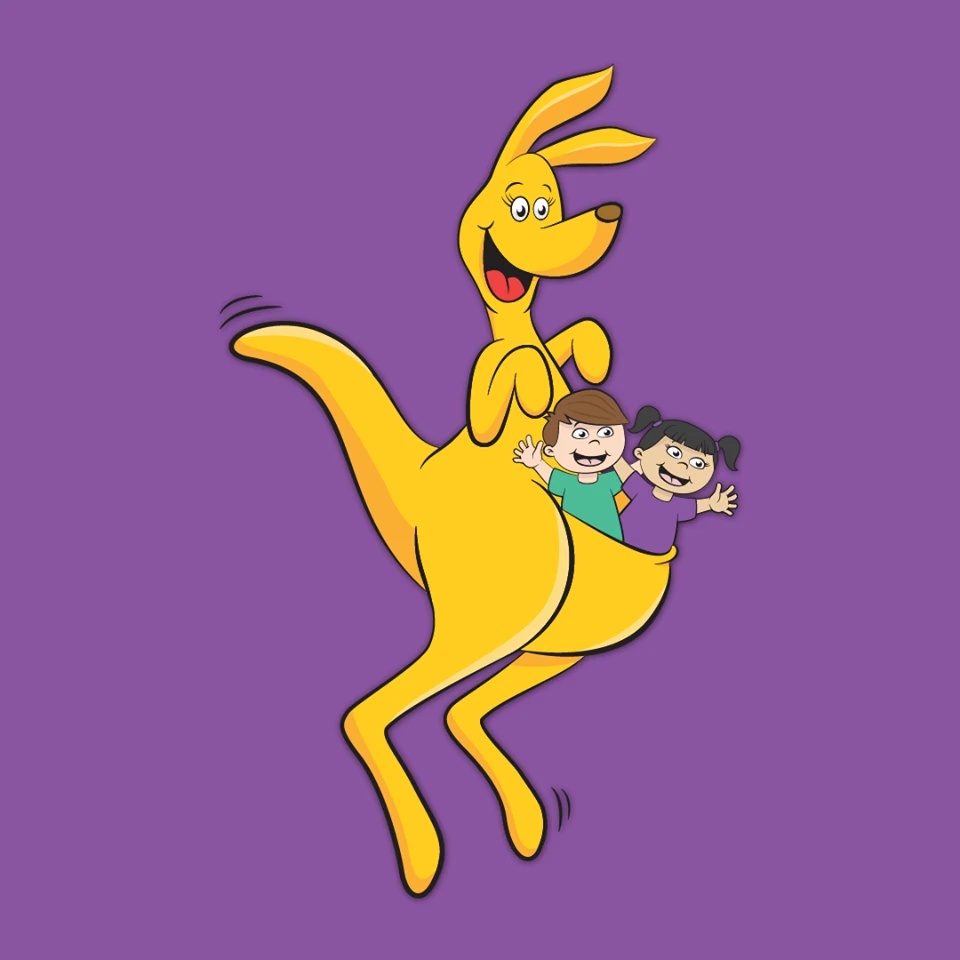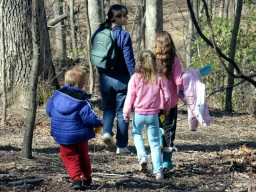
Outdoor Education For Kids
Let your kids reconnect with nature and learn without limits!<br><br>Health experts suggest that kids should have active lifestyles for them to be healthy and have a positive outlook in life. A great way to get your kids outside and learn and have a good time is through outdoor education. They can learn so much more outside the four walls of their classroom!
Read more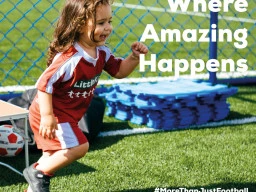
Children learn how to move with confidence
Throwing your 2 or 3 year old into a sporting activity and expecting them to participate fully and follow the rest of the group that have been doing the program for a few months .... it doesn't always work that way.
Read more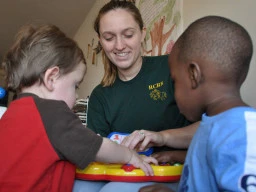
Early Learning For Kids
Know the importance of early learning to your kids!<br><br>Early learning begins even before a child is born. Science has proven kids hear and recognize their mother's voice while they are still inside her womb. Kids are active learners and are naturally curious – they tend to learn better on their own and don't need to be taught in order to learn. Everything that they encounter is a kids learning experience, even those outside of school.
Read more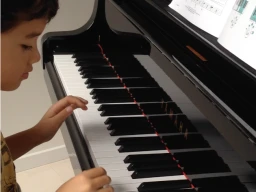
At what age should my child start learning a musical instrument
As a Kindermusik Educator, this has to be one of the most common question I get asked from parents, especially when their child reaches pre-school and Kindy age. While there are always exceptions, in general, my suggestion to parents is to wait until their child is at least 5 or 6 years old. There are many compelling reasons for this - I've outlined some below - milestones by which most 5 or 6-year olds have or are beginning to achieve.
Read more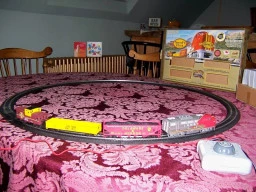
Train model making for kids
Teach your kids how to build a model railroad! Model train sets add extra fun because kids not only get to play with miniature trains, but also watch them go around miniature buildings and mountains on a model railway. Buy your kids a starter kit so they can learn to make their own!
Read more










